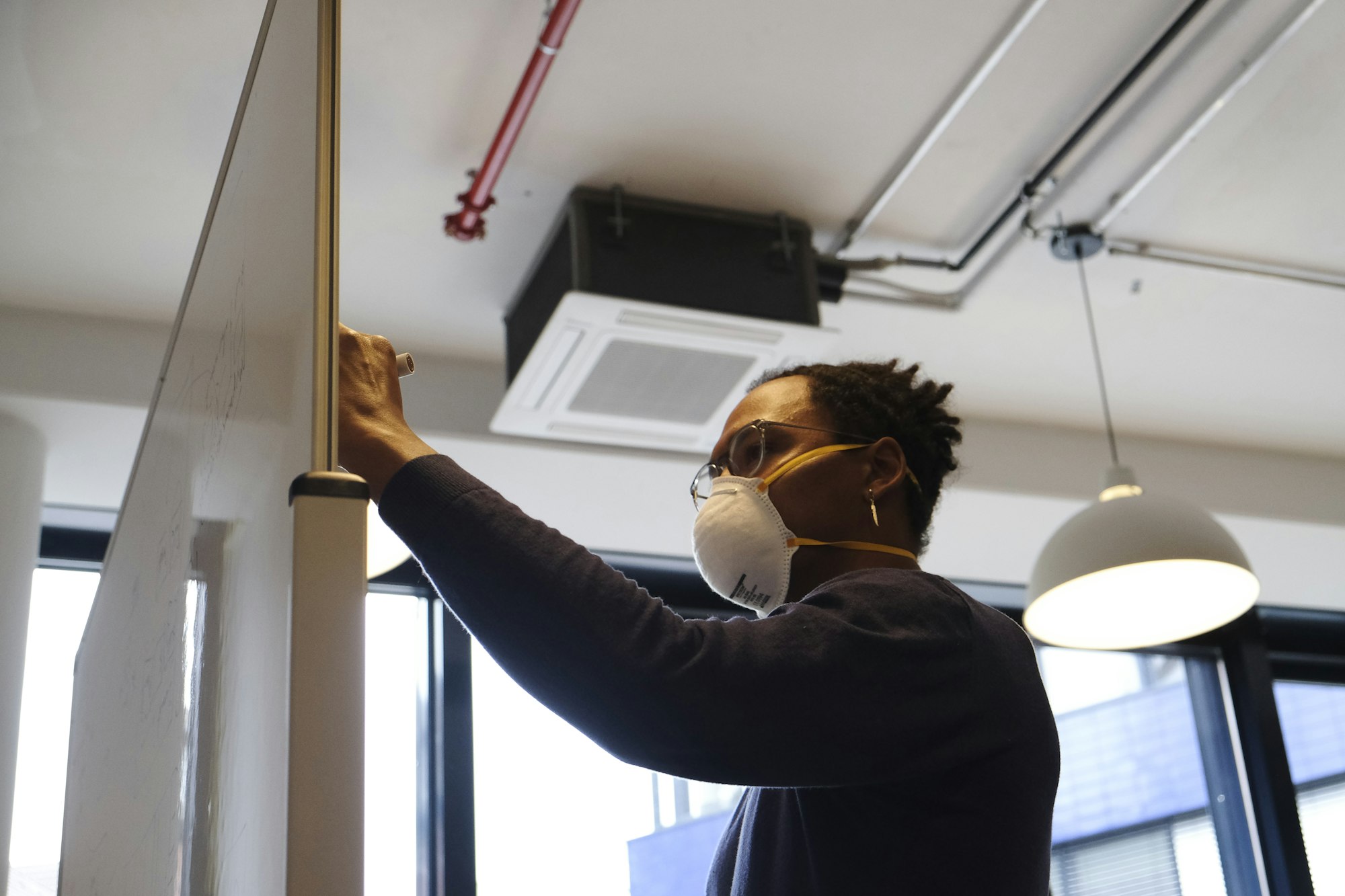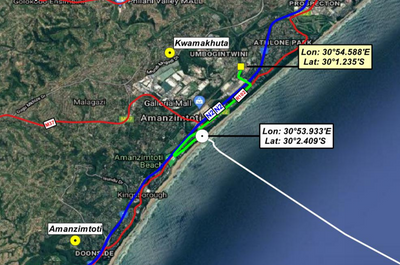The Covid-19 pandemic struck the world like a ton of bricks. Nations across the globe were put on hold. Lockdowns were common, and business closures caused rifts in all local areas. The big chain stores, and the already established online giants, took advantage of the situation, and served the community, taking away any possibilities for small businesses to continue paying their monthly bills.

To make matters worse, insurance companies have been denying most of the business interruption claims, stating that they do not apply to the current pandemic. Business interruption insurance claims will usually have to have a physical damage reason for being filed. Along with that, the wording of the policies, along with specifically placed terminology, gives the carriers grounds to deny.
There were a few claims that were accepted using specific coverage types, based off the policy wording and circumstances that matched. Otherwise, many of the claims that have been denied have been taken to the courts to decide if the claims should be paid out.
The Australian Financial Complaints Authority (AFCA) and the Insurance Council of Australia (ICA) agreed to go with two separate support cases to decide how the claims will be considered in relation to Covid-19. There were a couple of different things found, but it still has not cleared up the question that most business owners have, which is “will my claim be covered?”
How much does business insurance cost is a question that is now coming up as well because the new policies are offering specific coverage for Covid-19.
There are four separate ways that business interruption insurance can be used, through the clauses that are found within the contract. Let us take a quick look at them and then sum it all up.
· Catastrophe Clause: This is the clause that would allow your business to file a claim based on sustaining a loss due to civil authority actions that are conducted to prevent or end a catastrophic event. Covid-19 is not a claim that would be a covered event under this clause.
· Prevention of Access Clause: This clause guarantees payment on a claim if the governing authorities prevent access to your business to prevent any physical damage being done by outside parties or natural disasters. Covid-19 lockdowns were not enforced to prevent any damage so this clause in your policy is not a useable way to file a claim.
· Disease Clause: This is the section of your business interruption policy that covers any losses due to an outbreak of an infectious disease in, or around, your business. This is the only section of the policy that applies to Covid-19, but it must be proven that these circumstances actually exist. So basically, if you are on lockdown but no actual outbreak happens around you, the claim would be denied.
· Hybrid Clause: This is a combination of the two directly above. It offers coverage during times when governing authorities have locked down your business, and the surrounding areas, because of an outbreak of an infectious disease. This is a clause that can also be used to file a claim, under the same circumstances as above.
The two cases that offered insight into the problems with claims being accepted offered some clarity, but not enough for businesses to be 100% sure that they can file a claim. The courts found, through both studies, that the only way a claim is required to be paid out is when it falls under the Disease Clause or the Hybrid section that deals with the same outside factors.
Unfortunately for many, these added clauses were not part of their original contract, so even though they were shut down due to circumstances outside of their control, they will not be able to file a claim. If they do, it will be denied after the investigation that the insurance company must conduct.







